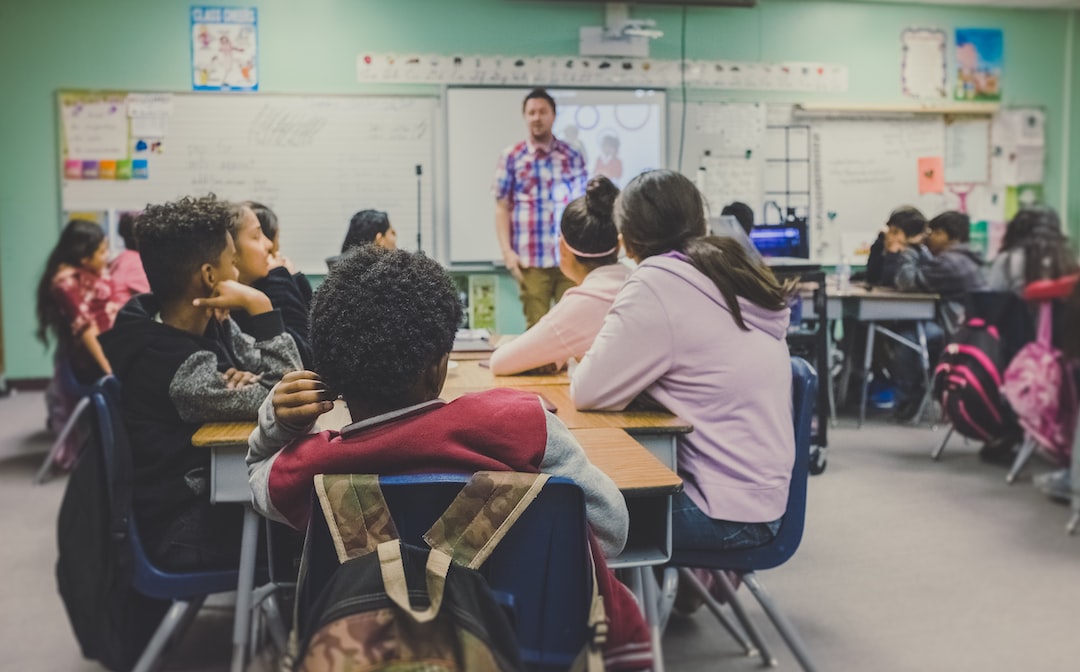In today’s workforce, employers are seeking candidates with skills that go beyond just the academic knowledge. These skills, commonly known as 21st-century skills, include critical thinking, creativity, communication, collaboration, and digital literacy. With digital advancements and globalization, it is estimated that 85% of jobs that will exist in the year 2030 have not been invented yet. Therefore, the ability to acquire these 21st-century skills is crucial for students’ success in the future.
To begin with, 21st-century skills help students to become critical thinkers. Critical thinking is the skill to analyze information objectively and make informed decisions based on evidence. This ability comes in handy in all aspects of life, including personal, educational, and work-related. Students who develop critical thinking skills can make logical and informed choices, which translate to better problem-solving abilities. Furthermore, critical thinking skills improve judgment and decision-making processes, leading to better results, both academically and professionally.
Another essential skill that 21st-century learning emphasizes is creativity. Creativity refers to the ability to generate original and innovative ideas, products, and solutions. With the ever-changing demands in the workforce, creativity is an essential skill that enables individuals to come up with new approaches to address problems. This skill is also highly valued in various industries, including the arts, media, advertising, technology, and design. Creativity is not only essential for innovation but can also lead to more engaging and fulfilling educational experiences.
Incorporating 21st-century skills in curriculum also focuses on collaboration. Collaboration is the ability to work effectively with others towards a common goal. In the modern-day workplace, teamwork is crucial to the success of organizations. This skill involves communicating ideas, listening to the perspectives of others and being open to compromise. All these experiences contribute to individual success by improving areas such as interpersonal relationships, decision-making, and problem-solving.
Finally, 21st-century skills cultivate digital literacy, which involves using digital technologies to find, evaluate, critically analyze, and create digital content. As technology has become a part of our daily lives, digital literacy is now a fundamental skill required in various industries. Students with digital literacy can understand the implications of technology in different areas, such as social media, content creation, data analysis, and cybersecurity.
In conclusion, the importance of 21st-century skills on student success cannot be overemphasized. Incorporating these skills in the curriculum ensures students are well equipped for the future. Educators should ensure they integrate these skills in every facet of learning and develop strategies that foster their implementation. As students develop these skills, they become better prepared to face real-world challenges, identify opportunities for growth, and become successful in their personal and professional lives.

